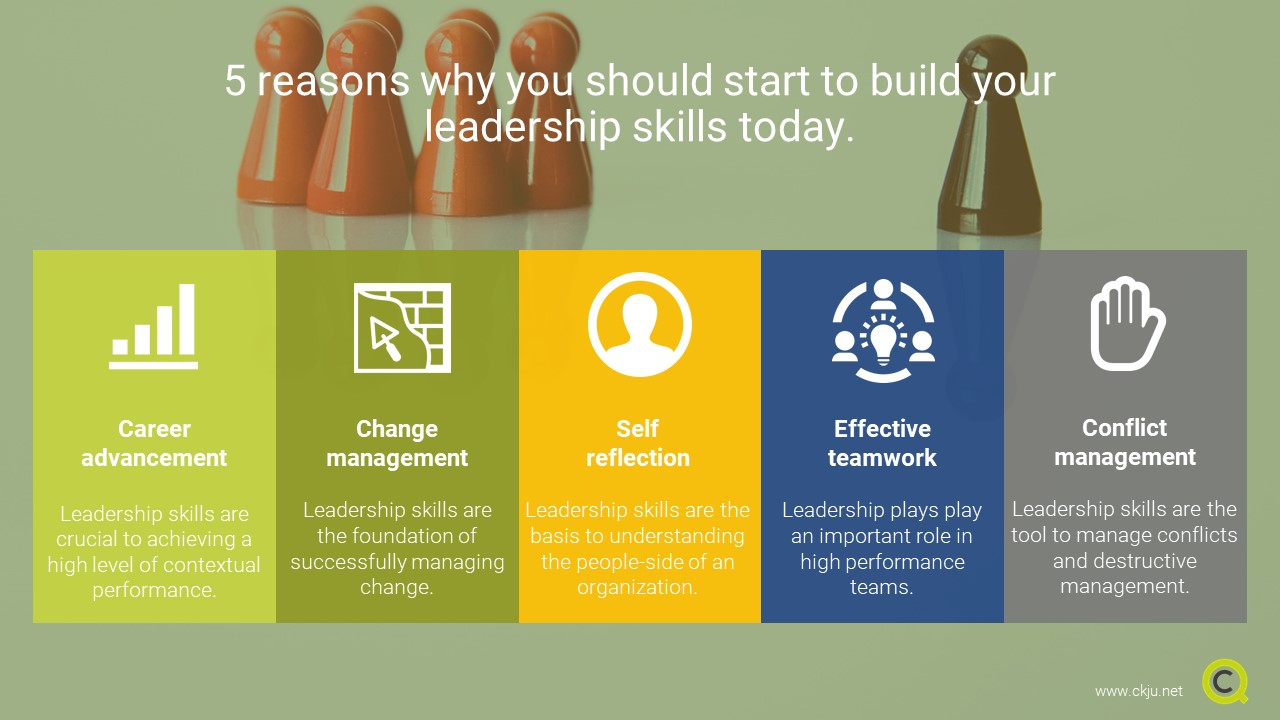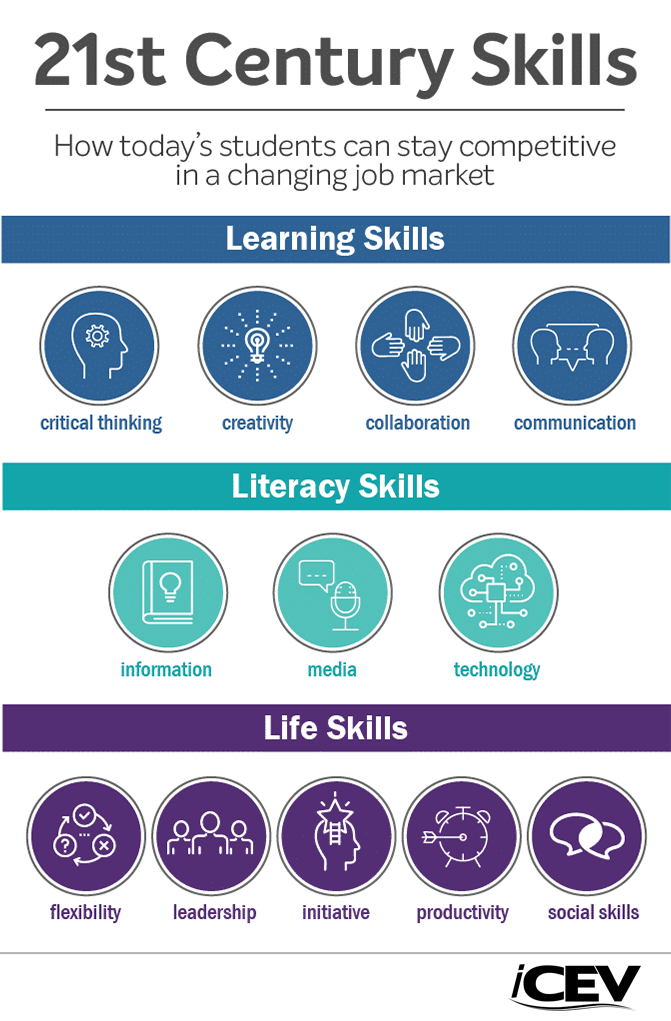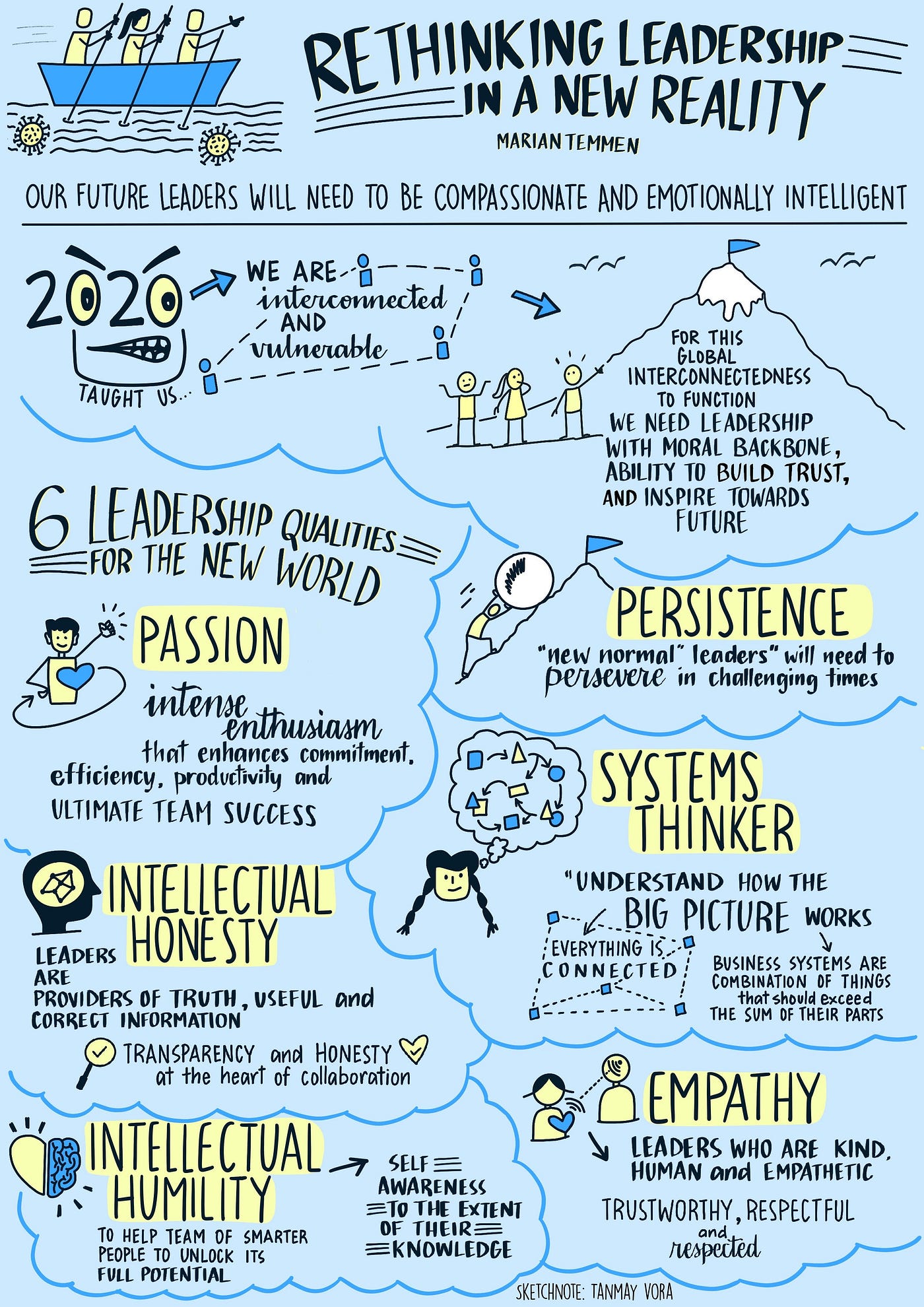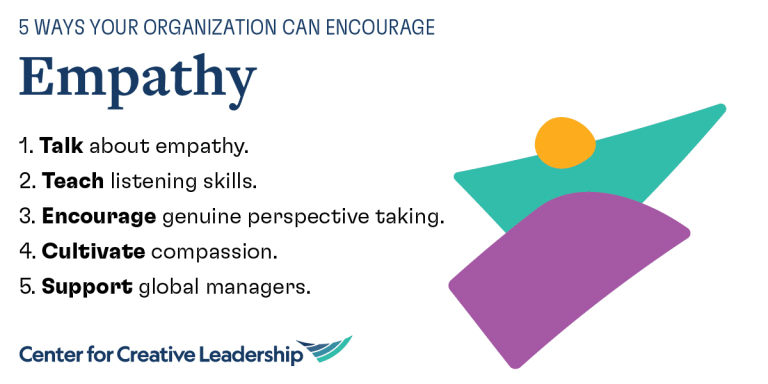Why Do We Need Leadership Skills in Today’S World?
Leadership skills are crucial in today’s world as they ensure effective decision-making and foster growth and innovation. In a rapidly changing and complex environment, strong leaders inspire, motivate, and guide individuals and teams towards achieving common goals.
They provide direction, offer support, and empower others to reach their full potential. By cultivating leadership skills, individuals can navigate challenges, adapt to change, and drive positive change within organizations and communities. Whether it’s in business, politics, or personal life, leadership skills are necessary to create a positive impact, build strong relationships, and create a shared vision for success.
Embracing and developing these skills can lead to personal and professional growth, as well as contribute to a more well-functioning and forward-thinking society.

Credit: www.ckju.net
The Importance Of Leadership Skills
Leadership skills are vital in today’s world due to their significant impact on various aspects of personal, professional, and organizational success.
Driving Organizational Success
A strong and capable leader serves as the driving force behind organizational success. They have the ability to outline a compelling vision, set clear goals, and strategize effective plans of action. Through effective leadership, organizations can navigate challenges and seize opportunities, leading to improved performance, productivity, and profitability. Leaders inspire their teams to strive for excellence and guide them towards achieving collective objectives.
Motivating And Influencing Others
Leadership skills go beyond managerial roles – they encompass the ability to motivate and influence others. Effective leaders lead by example, displaying qualities such as empathy, integrity, and resilience. By fostering a positive work environment, leaders empower individuals, enhance job satisfaction, and boost employee morale. Their influence extends beyond their direct reports, inspiring growth and collaboration throughout the organization. As a result, teams are more engaged, creative, and innovative, leading to increased levels of success.
Leadership skills enhance communication channels, improving the flow of information and fostering collaboration. Effective leaders actively listen, provide constructive feedback, and empathetically address concerns. By promoting open communication, barriers are broken down, trust is built, and relationships are strengthened. This leads to improved teamwork, problem-solving capabilities, and conflict resolution strategies within an organization.
Furthermore, leadership skills are crucial in times of uncertainty and change. Leaders who possess adaptability, resilience, and the ability to make informed decisions under pressure can guide their teams through challenging situations and navigate uncertain waters. Their confidence and ability to embrace change empower others to do the same, fostering a culture of growth and resilience within the organization.
In conclusion, leadership skills are essential in today’s world due to their role in driving organizational success, motivating and influencing others, and navigating change. Developing and honing these skills enables individuals to lead with confidence, inspire teamwork, and achieve remarkable results. Whether you aspire to be a leader or currently hold a leadership position, continually investing in leadership skills will undoubtedly contribute to personal and professional growth.

Credit: www.icevonline.com
Navigating Complexity And Uncertainty
Leadership skills are essential in today’s complex and uncertain world, enabling individuals to navigate challenges and guide others towards success. Effective leaders possess the ability to adapt, inspire, and make strategic decisions that drive growth and innovation. They bring confidence, direction, and unity to diverse teams, fostering collaboration and resilience in the face of adversity.
Through their visionary mindset and strong communication skills, leaders inspire trust and empower others to reach their full potential.
Making Sound Decisions
In today’s ever-evolving world, the ability to make sound decisions is crucial for effective leadership. As leaders navigate through the complexities and uncertainties that arise, they must rely on their decision-making skills. This involves gathering and analyzing relevant information and weighing the pros and cons. Making sound decisions requires leaders to think critically and objectively, taking into account various perspectives and potential consequences. By honing their decision-making abilities, leaders can guide their teams and organizations towards success.
Adapting To Change
The only constant in today’s world is change. Being able to adapt to this change is essential for effective leadership. Leaders who embrace change and are adaptable can navigate through the complexities and uncertainties that arise. They are open to new ideas and perspectives, and they encourage their teams to innovate. Adaptability allows leaders to respond quickly to shifting circumstances and make necessary adjustments. By modeling flexibility and resilience, leaders inspire their teams to embrace change and thrive in dynamic environments.
Building Strong Teams
Leadership skills are crucial in today’s world to build strong teams, fostering collaboration, and driving success. Effective leaders inspire and guide their team members, promoting unity, innovation, and growth. These skills empower organizations to adapt to changing environments and achieve their goals.
A fundamental aspect of effective leadership is the ability to build strong teams. In today’s fast-paced and highly competitive world, teams are essential for organizations to thrive and succeed. Whether it’s a small startup or a large multinational corporation, cohesive teams are the backbone of any successful enterprise.
Effective Collaboration
Collaboration is key to building strong teams. When individuals work together towards a common goal, they can achieve remarkable results. Effective collaboration involves combining different skills, knowledge, and perspectives to solve complex problems and make informed decisions. It fosters creativity, innovation, and a sense of shared ownership among team members.
To foster effective collaboration:
– Clearly define team goals and objectives. – Encourage open and transparent communication. – Provide a platform for sharing ideas and feedback. – Create a supportive and inclusive team culture.Developing Others
Leadership skills include the ability to develop and empower team members. By investing in the growth and development of others, leaders create an environment that promotes continuous learning and improvement. This not only enhances individual skills but also strengthens the entire team.
Ways leaders can develop others:
– Provide mentorship and coaching. – Identify and nurture individual strengths. – Offer opportunities for training and skill development. – Delegate tasks and empower team members to take ownership.When leaders focus on developing others, they build a team that is capable, confident, and motivated.
Inspiring Innovation And Creativity
In today’s fast-paced and ever-changing world, leadership skills play a crucial role in driving progress and success. Effective leaders not only manage people and resources but also inspire innovation and creativity within their teams. This blog post will explore the importance of leadership skills in inspiring innovation and creativity, with a focus on fostering a culture of innovation and encouraging risk-taking.
Fostering A Culture Of Innovation
A culture of innovation is essential for organizations to stay relevant and competitive in today’s dynamic business landscape. Effective leaders have the ability to create an environment where new ideas are encouraged, valued, and nurtured. By fostering a culture of innovation, leaders empower their teams to think outside the box, experiment with new approaches, and find innovative solutions to challenges.
To foster a culture of innovation, leaders can:
- Encourage open and transparent communication
- Promote collaboration and idea sharing
- Provide resources and support for experimentation
- Recognize and reward creative thinking
Encouraging Risk-taking
Risk-taking is an integral part of the innovation process. Without taking risks, organizations often find themselves stagnant, unable to adapt to changes or explore new opportunities. Effective leaders understand the importance of risk-taking and create an environment where calculated risks are not only accepted but also encouraged.
To encourage risk-taking, leaders can:
- Lead by example and take calculated risks themselves
- Provide a safe and supportive environment for failure
- Encourage the exploration of new ideas and approaches
- Offer guidance and mentorship to help navigate risks
By encouraging risk-taking, leaders empower their teams to step outside their comfort zones, challenge the status quo, and embrace innovative solutions.
Leading In Times Of Crisis
Leadership skills have become crucial in today’s world due to the urgent need for effective guidance during times of crisis. In uncertain times, leaders play a vital role in navigating challenges, inspiring others, and driving positive change. Their ability to make tough decisions, provide direction, and foster resilience is instrumental in shaping a better tomorrow.
In today’s fast-paced and unpredictable world, it is crucial for leaders to possess strong leadership skills, especially during times of crisis. Whether it’s a natural disaster, economic downturn, or a global pandemic, leaders play a vital role in navigating through these challenging times. By providing vision and stability, as well as effectively managing conflicts and challenges, leaders can effectively guide their teams and organizations towards success and resilience. Let’s explore these aspects in more detail.Providing Vision And Stability
During times of crisis, people often feel uncertain and anxious about the future. This is where effective leaders step in to provide vision and stability. By outlining a clear direction and setting achievable goals, leaders inspire confidence and motivate their team members to keep moving forward. They paint a picture of what success looks like and create a sense of purpose that encourages everyone to work towards it. In addition to providing vision, leaders also bring stability to chaotic situations. They establish a sense of order and structure, ensuring that the team remains focused and on track. By staying calm and composed, even in the face of adversity, leaders become a source of reassurance for their team members. Their ability to make rational decisions boosts morale and helps everyone stay committed to overcoming challenges.Managing Conflicts And Challenges
Crises often bring along conflicts and challenges that can disrupt productivity and teamwork. Leaders with strong leadership skills excel in managing these situations effectively. They address conflicts head-on and foster an environment of open communication and collaboration. By encouraging team members to express their concerns and perspectives, leaders can identify underlying issues and find practical solutions. Furthermore, leaders are adept at handling challenges that arise during times of crisis. They possess problem-solving skills that enable them to think creatively and adapt quickly to changing circumstances. Whether it’s dealing with limited resources or finding alternative strategies, leaders leverage their critical thinking abilities to overcome obstacles and keep the team moving forward. Moreover, leaders prioritize the well-being of their team members. They recognize the impact of stress and uncertainty on individuals and take proactive measures to support their emotional and mental health. By fostering a culture of empathy, leaders create a space where team members can openly share their struggles and concerns. This not only strengthens relationships but also promotes resilience and enhances overall team performance. In conclusion, leadership skills are essential in today’s world, particularly during times of crisis. Leaders who can provide vision and stability, as well as effectively manage conflicts and challenges, can guide their teams to success and create a sense of resilience. By prioritizing clear communication, decisive action, and the well-being of their team members, leaders play a crucial role in navigating through crises and ensuring long-term success.
Credit: www.amazon.com
Frequently Asked Questions Of Why Do We Need Leadership Skills In Today’s World?
What Are The Key Leadership Skills Needed In Today’s World?
Leadership skills like communication, adaptability, and empathy are vital in today’s world to inspire and guide teams effectively.
How Do Leadership Skills Benefit Individuals?
Leadership skills empower individuals to drive change, build strong relationships, and make informed decisions that impact their personal and professional growth.
Why Do Organizations Value Leadership Skills In Employees?
Organizations recognize that leadership skills foster innovation, collaboration, and productivity, leading to improved performance and long-term business success.
Conclusion
Leadership skills are crucial in navigating the challenges of our ever-changing world. Effective leaders inspire, motivate, and empower others to achieve great things. By cultivating strong leadership skills, individuals can make a positive impact on organizations, communities, and society as a whole.
By embracing leadership, we can confront and overcome obstacles, drive innovation, and foster collaboration. So, let us all strive to develop and enhance our leadership skills to shape a better future for everyone.





